Sector Results and Learning:
Education
This Education Sector Results and Learning page is a repository of evidence generated by all MCC-funded education interventions. To promote learning and inform future program design, this page captures monitoring data from key common indicators, showcases recent and relevant evaluations, includes all agency lessons from completed education evaluations to-date, and links to learning that has been aggregated across completed evaluations in the sector.
What Do We Invest In?
MCC has funded $815.3 million in education interventions as of September 2024. These interventions target the following levels of education: general education specific; technical and vocational education training/workforce development; and higher education; and fall into the following categories of investment: teacher/school administrator training; infrastructure and equipment; governance and management; and workforce training.
-
General Education Specific
 Education that is designed to develop learners’ general knowledge, skills and competencies and literacy and numeracy skills, often to prepare students for more advanced educational programs and to lay the foundation for lifelong learning.
Education that is designed to develop learners’ general knowledge, skills and competencies and literacy and numeracy skills, often to prepare students for more advanced educational programs and to lay the foundation for lifelong learning. -
Governance and Management
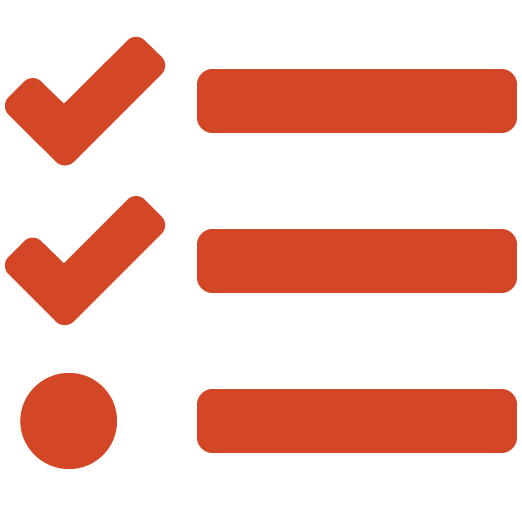 Interventions related to accountability measures and incentives, including data management and assessments, education policy, and alignment of measures to more coherence in the system.
Interventions related to accountability measures and incentives, including data management and assessments, education policy, and alignment of measures to more coherence in the system. -
Higher Education
 Post-Secondary education leading toward an academic degree.
Post-Secondary education leading toward an academic degree. -
Infrastructure and Equipment
 Includes new construction or rehabilitation of school facilities as well as the supplying of equipment for labs, gymnasiums, and other instructional facilities.
Includes new construction or rehabilitation of school facilities as well as the supplying of equipment for labs, gymnasiums, and other instructional facilities. -
Teachers/School Administrator Training
 Interventions that involve professional preparation for teachers (pedagogical and subject matter training), as well as training for school management and teacher mentors.
Interventions that involve professional preparation for teachers (pedagogical and subject matter training), as well as training for school management and teacher mentors. -
Technical and Vocational Education Training/Workforce Development
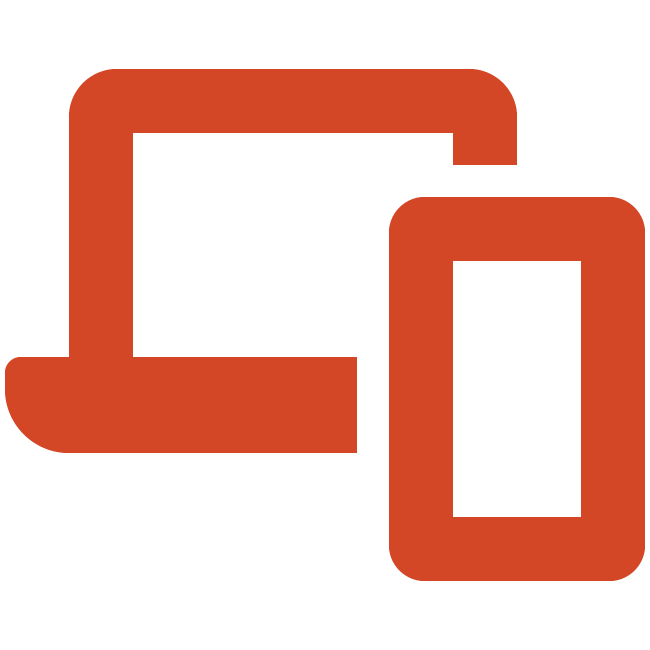 Education and training which provides knowledge and skills for employment. TVET uses formal, non-formal, or informal learning to provide practical and occupational skills at the secondary and post-secondary level, often as an alternative to university training.
Education and training which provides knowledge and skills for employment. TVET uses formal, non-formal, or informal learning to provide practical and occupational skills at the secondary and post-secondary level, often as an alternative to university training. -
Workforce Training
 Workplace based training, job placement programs, occupational training.
Workplace based training, job placement programs, occupational training.
What Have We Completed So Far?
MCC and its country partners develop and tailor Monitoring and Evaluation Plans for each particular program and country context. Within these country-specific plans, MCC uses common indicators where appropriate to standardize measurement and reporting within certain sectors. See below for a subset of common indicators that summarize implementation achievements across all MCC Education investments as of September 2024. Note that these indicators are tracked and reported during program implementation, so do not reflect the continued attendance and graduation of students after MCC-funded programs end. However, such post-program results are included in our independent evaluation reports.
-
906
educational facilities constructed or rehabilitated
-
13,402
instructors trained
-
490,276
students participating in MCC-supported education activities
-
80,359
graduates from MCC-supported education activities
What Have We Achieved?
MCC commissions independent evaluations, conducted by third-party evaluators, for every project it funds. These evaluations hold MCC and country partners accountable for the achievement of intended results and also produce evidence and learning to inform future program decision-making. They investigate the quality of project implementation, the achievement of the project and other targeted outcomes, and the cost-effectiveness of the project. The graphs below summarize the composition and status of MCC’s independent evaluations in the Education sector as of November 2024. Read on to see highlights of newly published interim and final evaluations. Follow the evaluation links to see the status of all planned, ongoing, and completed evaluations in the sector and to access the reports, summaries, surveys, and data sets.
Highlighted Evaluations
-
 Read this Evaluation Brief to learn the results of a project from MCC’s Georgia II Compact that aimed to improve science, technology, engineering, and mathematics university education, to provide Georgian students with opportunities for high-quality degrees.
Read this Evaluation Brief to learn the results of a project from MCC’s Georgia II Compact that aimed to improve science, technology, engineering, and mathematics university education, to provide Georgian students with opportunities for high-quality degrees. -
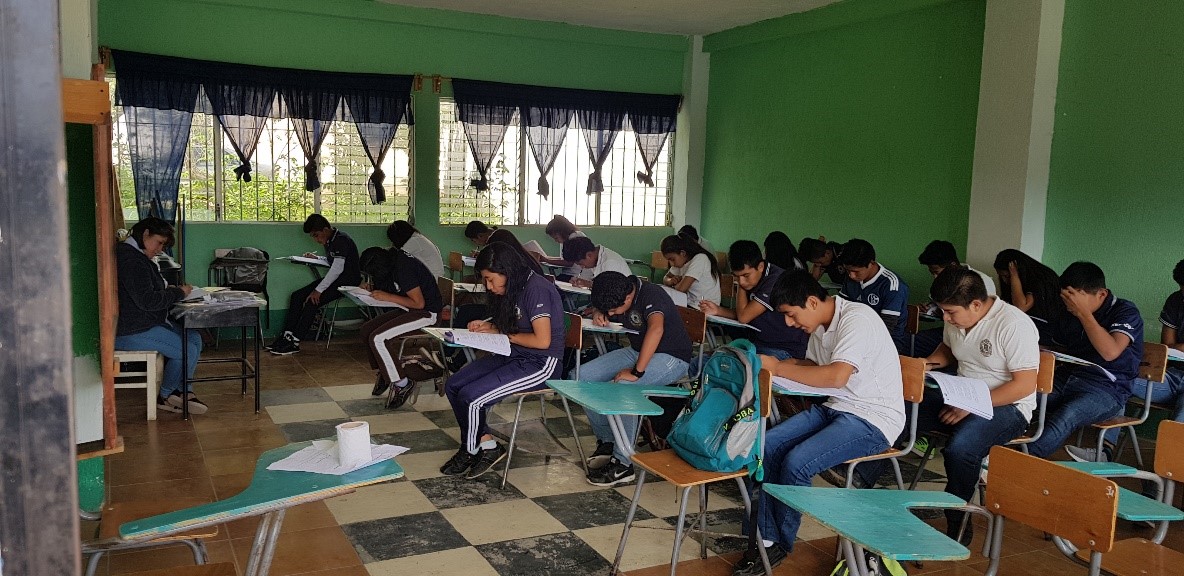 Read this Evaluation Brief to learn the final results of MCC’s Guatemala Threshold Program which aimed to provide Guatemala’s youth with quality educational opportunities and mobilize government resources to address binding constraints to economic growth.
Read this Evaluation Brief to learn the final results of MCC’s Guatemala Threshold Program which aimed to provide Guatemala’s youth with quality educational opportunities and mobilize government resources to address binding constraints to economic growth. -
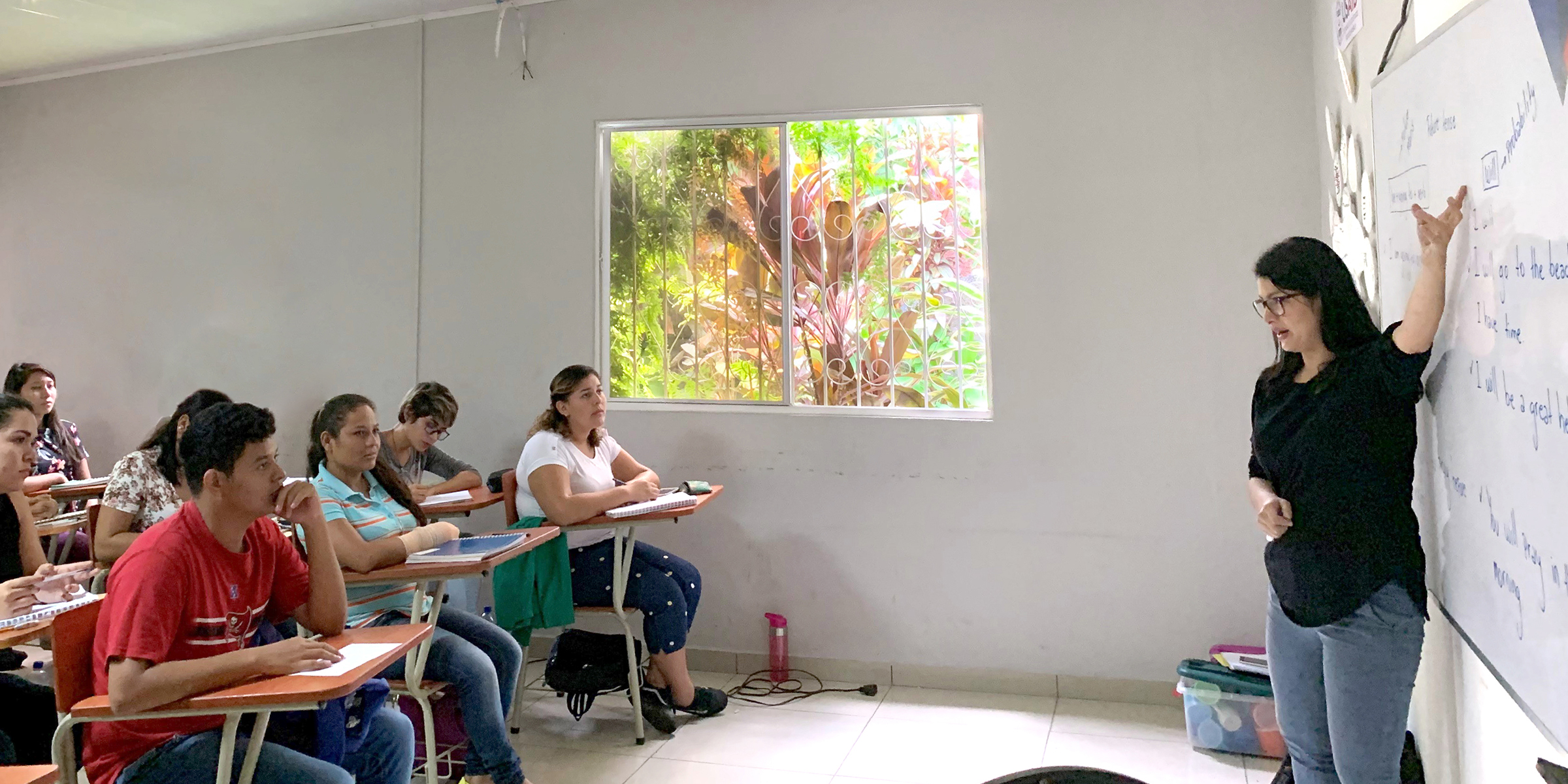 Read this Evaluation Brief to learn the final results of a project from MCC’s El Salvador Investment Compact that aimed to strengthen the national TVET governance system.
Read this Evaluation Brief to learn the final results of a project from MCC’s El Salvador Investment Compact that aimed to strengthen the national TVET governance system. -
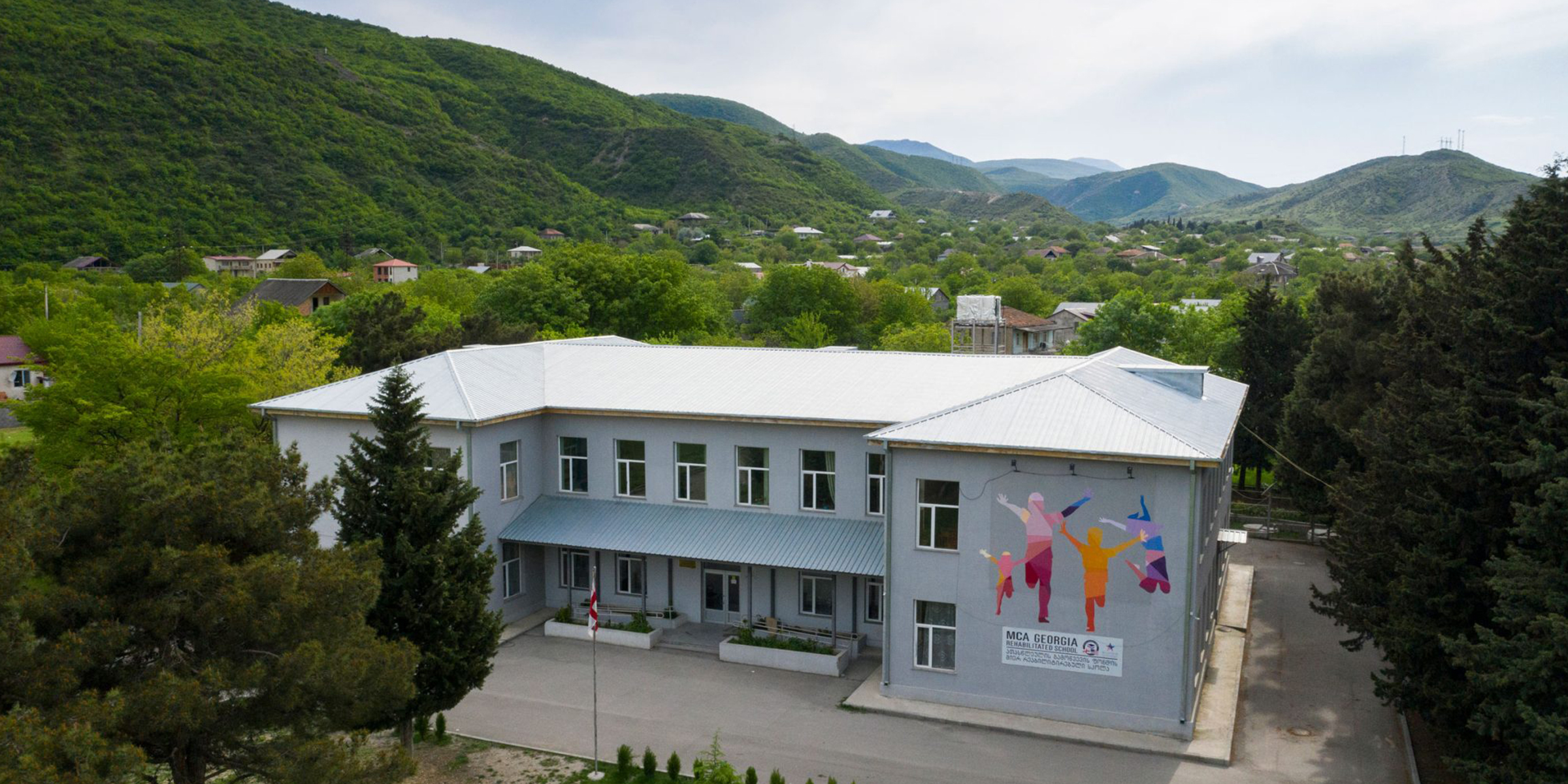 Read this Evaluation Brief to learn the final results of a project from MCC’s Georgia II Compact that aimed to improve the quality of public science, technology, engineering, and mathematics (STEM) education in grades 7-12.
Read this Evaluation Brief to learn the final results of a project from MCC’s Georgia II Compact that aimed to improve the quality of public science, technology, engineering, and mathematics (STEM) education in grades 7-12.
What Have We Learned from Our Results?
To link the evidence produced by the independent evaluations with MCC practice, project staff produce an MCC Learning document at the close of each interim and final evaluation to capture practical lessons for programming and evaluation. Use the filters below to find lessons relevant to your evidence needs.
Filter By
How Have We Aggregated Learning Across the Sector?
In January 2023, MCC published Insights from General Education Evaluations, a paper that synthesizes evidence from completed evaluations of general education investments. MCC previously developed a Principles into Practice paper using evidence from other completed independent evaluations in the education sector – Principles into Practice: Training Service Delivery for Jobs and Productivity.
The Principles into Practice series offers a frank look at what it takes to make the principles MCC considers essential for development operational in the projects in which MCC invests. The learning captured in this paper informs MCC’s ongoing efforts to refine and strengthen its own model and development practice in the education sector. MCC hopes this paper will also allow others to benefit from, and build upon, MCC’s lessons.

